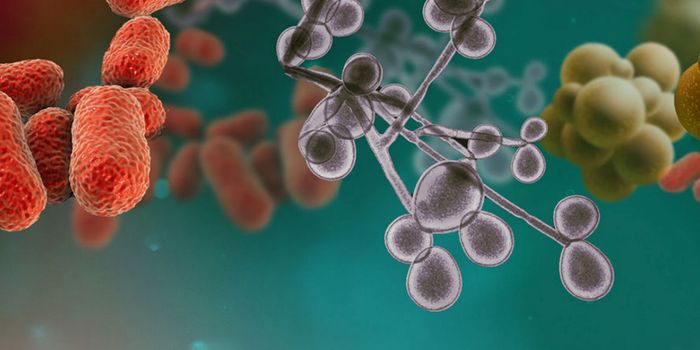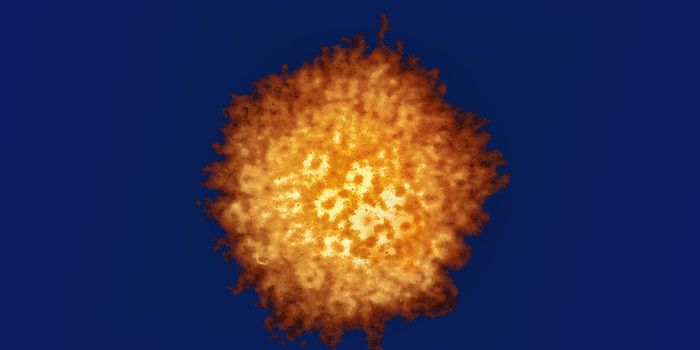Manuka Honey Kills Cystic Fibrosis Pathogens in Culture
Honey is recognized as a natural antimicrobial agent, and has been used in folk medicines for thousands of years. It may help us as we face the rising threat of antibiotic-resistant microbes. Now researchers at Swansea University have found that Manuka honey (which has a bigger antimicrobial effect than regular honey) can destroy bacteria that are associated with lung infections often seen in cystic fibrosis (CF) patients. The findings, which may offer a natural way to combat CF-related lung infections, have been reported in Frontiers in Microbiology.
"The preliminary results are very promising and should these be replicated in the clinical setting then this could open up additional treatment options for those with cystic fibrosis infections," said the senior study author, Dr. Rowena Jenkins, a Lecturer in Microbiology and Infectious Diseases at Swansea University.
In this work, the researchers treated pig lung tissue that modeled the lung infections seen in CF with Manuka honey. The honey killed 39 percent of antibiotic-resistant bacteria, while tissue treated with antibiotics killed only 29 percent of the bacteria. When Manuka honey was used in combination with antibiotics, 90 percent of the infectious bacteria were eliminated.
Cystic fibrosis is a genetic disorder in which the airways become clogged with mucus, and prone to chronic infection. Many of those lung infections will be fatal because they can’t be effectively treated; drug-resistant microbes are often to blame. A lung transplant may be an option for some patients when the bacteria can’t be removed, but the pathogens can still hang out in the upper airway and cause another infection in newly transplanted lungs.
As many as 80 percent of CF patients will develop a Pseudomonas aeruginosa infection, making effective treatment essential to the management of the disorder. Antibiotics may not always be able to kill the microbes causing the infection, so finding alternatives is critical. This work may help researchers and clinicians develop a good alternative.
One major challenge in the development of honey as a therapeutic for lung infections is delivering it. Getting honey into the lungs poses major challenges. The researchers acknowledged that converting antimicrobials into an inhalable spray is inefficient and problematic. High concentrations of the honey might have a detrimental effect on some human cells in the lungs. However, right now it can be easily made into a sinus rinse, the scientists noted, and prevent the movement of the infections microbes from the lungs to the sinuses.
“The synergy with antibiotics and absence of resistance seen in the laboratory has allowed us to move into the current clinical trial, investigating the potential for Manuka honey as part of a sinus rinse for alleviating infection in the upper airway," added Jenkins.
Sources: AAAS/Eurekalert! via Swansea University, Frontiers in Microbiology





![Master Lab Weighing: Accuracy, Compliance & Audits [eBook]](https://d3bkbkx82g74b8.cloudfront.net/eyJidWNrZXQiOiJsYWJyb290cy1pbWFnZXMiLCJrZXkiOiJjb250ZW50X2FydGljbGVfcHJvZmlsZV9pbWFnZV85MWRmZmRjMDIwNDBlMWJjMzYwN2ZiYWY2ZjI4ZGMzYzBmZGMwZGMyXzkxOTcucG5nIiwiZWRpdHMiOnsidG9Gb3JtYXQiOiJqcGciLCJyZXNpemUiOnsid2lkdGgiOjcwMCwiaGVpZ2h0IjozNTAsImZpdCI6ImNvdmVyIiwicG9zaXRpb24iOiJjZW50ZXIiLCJiYWNrZ3JvdW5kIjoiI2ZmZiJ9LCJmbGF0dGVuIjp7ImJhY2tncm91bmQiOiIjZmZmIn19fQ==)



